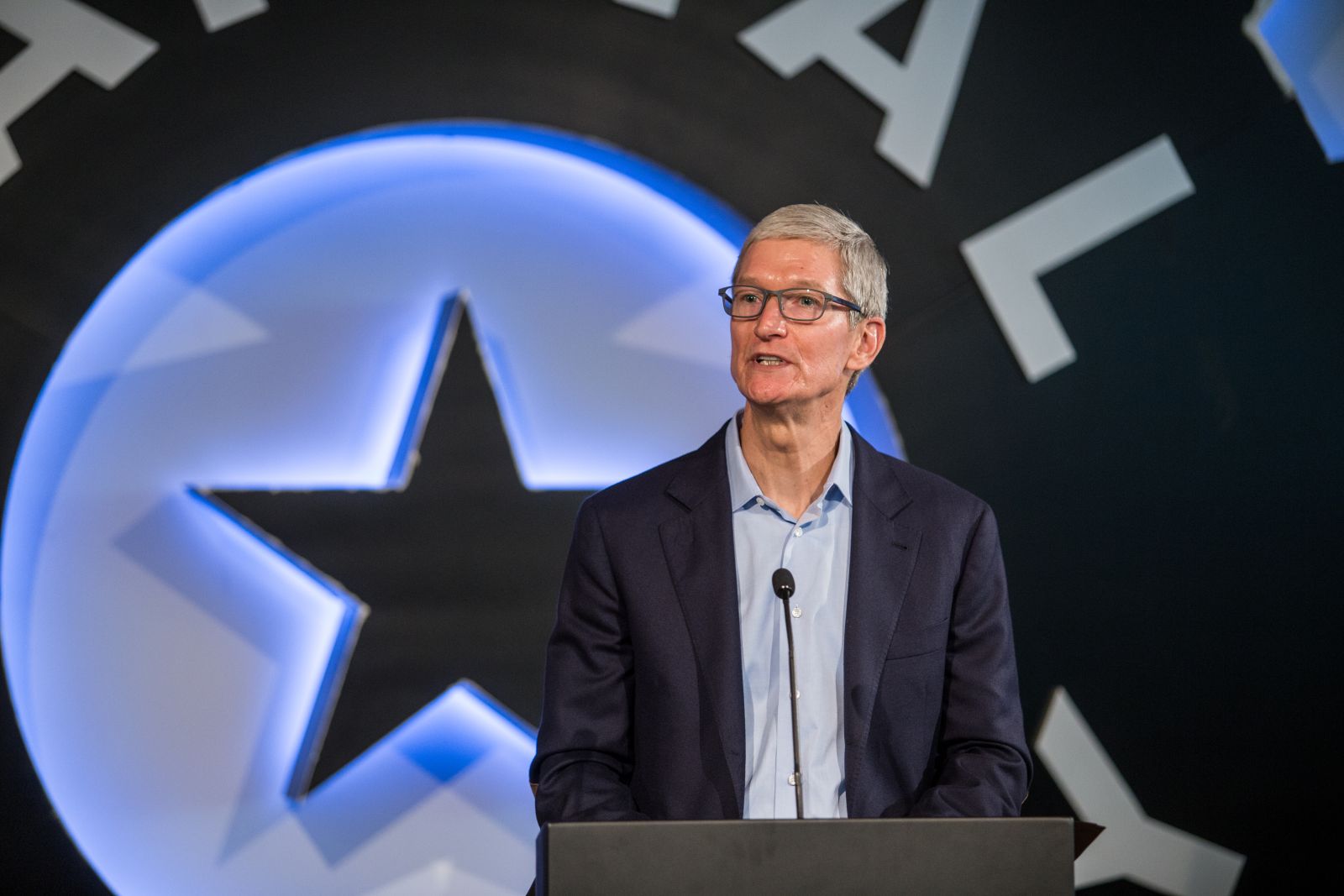Nvidia (NVDA) shares continued their slide on Thursday, dropping nearly 2.5% in early trading as concerns over the AI sector and geopolitical pressures weighed on sentiment. The decline follows a brutal start to the week when Nvidia lost 17% of its market capitalization—erasing nearly $600 billion in value—after Chinese startup DeepSeek introduced an AI model capable of matching top-tier Western alternatives at a fraction of the cost. The unexpected breakthrough has raised doubts about Nvidia’s long-term dominance in AI chip development, particularly as companies like Microsoft (MSFT) and Google (GOOGL) reevaluate their AI spending strategies. Adding to Nvidia’s woes, the Biden administration recently tightened export restrictions on advanced AI chips to China, a key market for the company. With roughly 56% of Nvidia’s revenue coming from overseas markets—17% of which is tied to China—the policy shift is expected to put further pressure on future sales. The combination of emerging AI alternatives and geopolitical headwinds has sparked a broader semiconductor selloff, impacting chipmakers across the board. Despite some analysts arguing that the market’s reaction is exaggerated, the developments highlight the rapidly shifting landscape of AI technology and investment. Market Overview:
- Nvidia shares fell 2.5%, extending this week’s AI-related losses
- DeepSeek’s low-cost AI model raises concerns over Nvidia’s chip demand
- Biden administration’s export restrictions threaten revenue from China
- Snowflake’s CEO calls DeepSeek a major disruption to the AI industry
- Wall Street strategists warn of growing uncertainty in AI investments
- Microsoft could benefit from DeepSeek’s rise, while Oracle (ORCL) may face risks
- Tech firms expected to intensify AI cost-cutting efforts
- AI chip demand projections could be revised downward by analysts
- Nvidia’s upcoming earnings report will be crucial for investor confidence
- Despite recent declines, Nvidia remains a leader in AI chip development, with unmatched GPU performance and a strong ecosystem that continues to power the majority of AI workloads globally.
- DeepSeek’s emergence could expand the overall AI market by lowering entry barriers, potentially driving increased demand for Nvidia’s mid-tier and entry-level chips as more companies adopt AI solutions.
- Nvidia’s diversification into non-China markets and its strong presence in cloud partnerships with Microsoft, Google, and Amazon (AMZN) position it to weather geopolitical headwinds and maintain revenue growth.
- Analysts argue that the market’s reaction to DeepSeek and export restrictions may be exaggerated, presenting a buying opportunity for long-term investors betting on Nvidia’s innovation pipeline.
- Nvidia’s upcoming earnings report could restore investor confidence if the company demonstrates resilience in its core data center business and outlines strategies to counter emerging competition.
- DeepSeek’s low-cost AI model raises significant concerns about Nvidia’s long-term dominance in the AI chip market, as companies may shift spending toward more cost-efficient alternatives.
- The Biden administration’s tightened export restrictions on advanced AI chips to China, which accounts for 17% of Nvidia’s revenue, could severely impact future sales and growth prospects in a key market.
- Nvidia’s 17% market cap loss earlier this week underscores investor fears about the sustainability of its valuation amid rising competition and geopolitical challenges.
- Wall Street strategists have warned of growing uncertainty in AI investments, with firms like Microsoft and Google (GOOG) reassessing their spending strategies, potentially reducing demand for Nvidia’s high-end GPUs.
- The broader semiconductor selloff highlights vulnerabilities across the sector, with Nvidia particularly exposed due to its heavy reliance on the rapidly evolving AI landscape.
This article contains syndicated content. We have not reviewed, approved, or endorsed the content, and may receive compensation for placement of the content on this site. For more information please view the Barchart Disclosure Policy here.



/Nvidia%20logo%20and%20sign%20on%20headquarters%20by%20Michael%20Vi%20via%20Shutterstock.jpg)
/Alphabet%20Inc_%20and%20Google%20logos%20by%20IgorGolovinov%20via%20Shutterstock.jpg)
/NVIDIA%20Corp%20logo%20on%20phone-by%20Evolf%20via%20Shutterstock.jpg)